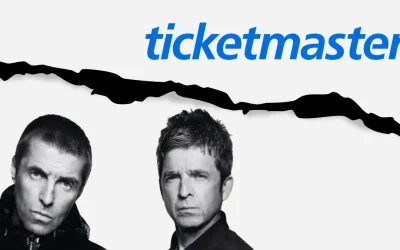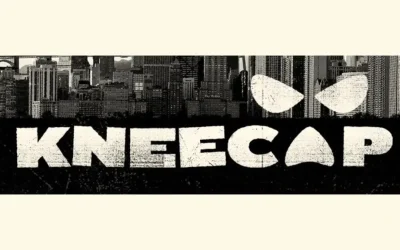The University of Connecticut’s decision not to disclose the names of season ticket holders for the school’s sports teams and cultural events will be the subject of a hearing before the Connecticut Supreme Court later this month.
The state university refused to turn over the names following a Freedom of Information request by Jonathan Pelto. The former state representative reportedly sought the data to reach out to the individuals on behalf of an advocacy group with which he was involved.
According to the court, Pelto requested “names and addresses of (1) purchasers of tickets to the school’s athletic events held by the University Athletics Department and to performing arts events at the Jorgensen Auditorium, (2) persons who made inquiries about programs at the Center for Continuing Studies, and (3) donors to the University Libraries Division.”
Pelto did not immediately return a message seeking comment. He served in the state General Assembly from 1984 — when he was elected while a senior at UConn — to 1993.
The school refused to turn over the names because, they argued, they were “customer lists” that fell under “trade secrets” in the state’s statutes and were therefore exempt.
The Freedom of Information Commission, however, disagreed and ordered the school to disclose the records because UConn is a public university largely subsidized by taxpayers. The commission offered its ruling in 2009.
UConn appealed the ruling in court and won, arguing in part that the school had spent considerable time and expense in developing the lists of names, and if it were forced to disclose them, the school would be at a distinct disadvantage. The university argued that competing schools or institutions could potentially obtain the records and contact the individuals and market events to them or solicit for donations, which could draw funds away from UConn.
The case is believed to be one of the rare occurrences, if not first instance, of the state Supreme Court deciding whether the trade secrets clause can be applied to public entities.
The current tough economy has led several colleges to look for new opportunities to generate revenues by marketing to different groups of fans, examples of which include Clemson and Michigan signing ticket resale deals with StubHub.
The Connecticut Supreme Court’s hearing on the case is scheduled for October 21.



